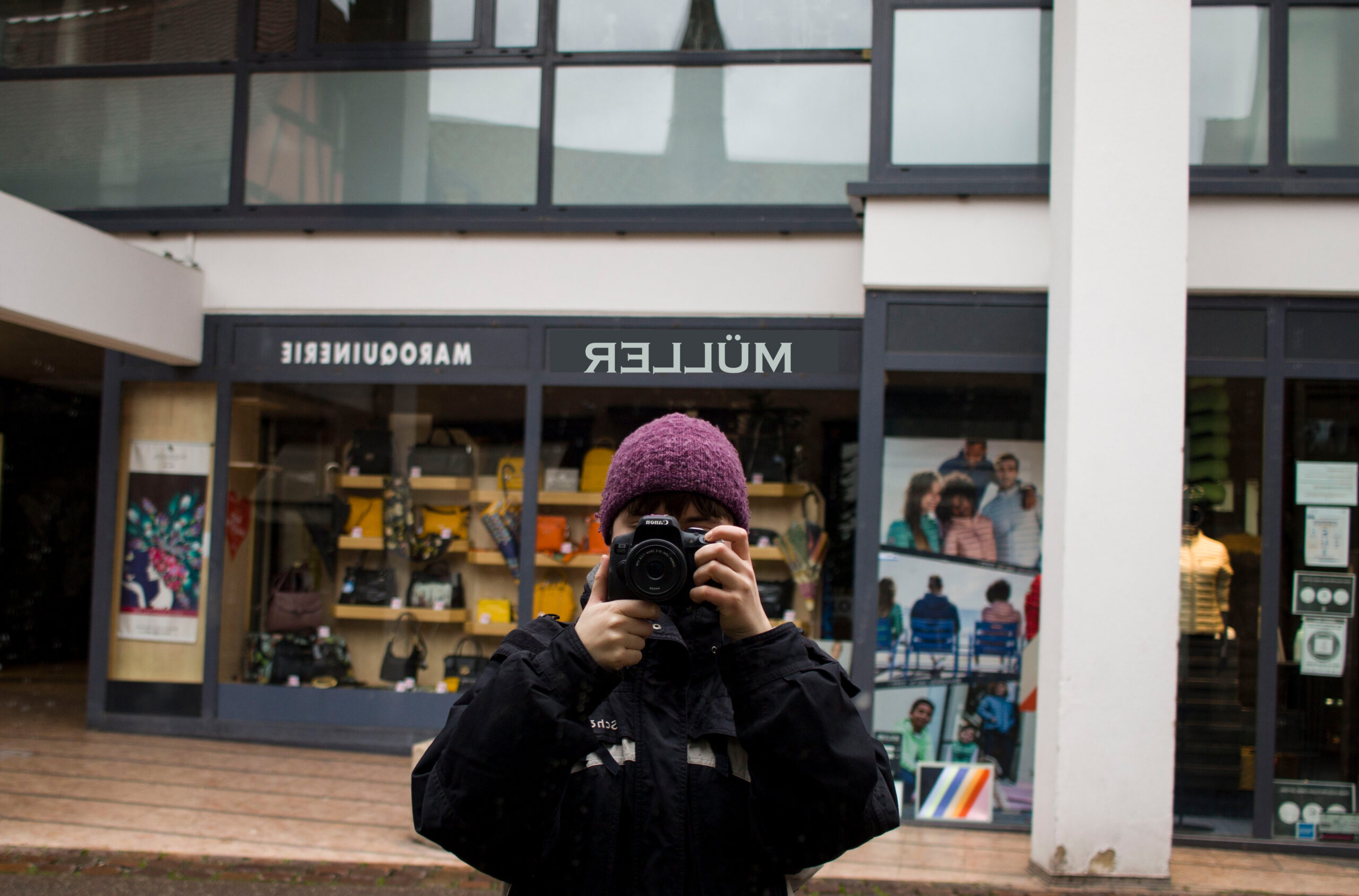The other day I wrote a guy on Tinder: “Hey! We already have the same last name!” because his Instagram handle said something with Muller. In the Alsace-region, the last name Muller is everywhere. An Alsatian history lesson.
The German Wikipedia page says that Müller is the most common last name in the German speaking area and the 10th most common last name in the whole world with all its varieties such as Muller and Mueller.
The word “Müller” itself means miller; someone who works in a mill. The mill technology came from the old Romans across the alps to Germany. And they brought with them the Latin word “molinarius” for miller. In the 12th century, thanks to the usage of waterpower even more mills existed. Later, with the invention of windmills there was another revolution in the mill technology. In 1860, 65.000 mills are said to have existed in Germany.
But why are so many people called Muller in the Alsace region?
Because it was German from time to time, but not as often as you would expect it though:
In the first century BC, the region between the Vosges and the Black Forest was conquered by Julius Caesar, who Romanised it. In the 5th century CE, the Alemanni conquered the region and then the Franks conquered the Alemanni in 496. 300 years later, the Alsace was united with German territories of the Carolingians and later it was part of the Holy Roman Empire until the 17th century.
So, the Alsace was German for a long time. During the time of the Reformation Strasbourg became the centre of the Alsatian Protestantism. The Protestant influence was countered by the Catholic Habsburgs though, as they tried to destroy heresy in the upper Alsace.
This is also how the French influence started again in the late 16th century: because of religion, to be specific because of the Wars of Religion, which became the Thirty Years’ War. The Alsace was stuck between both religious sides and asked France for help. With the Peace of Westphalia in 1648 France gained the protectorate over the Alsace and full control of it with Louis XIV, under whom Strasbourg was occupied.
In the 18th century, the Alsace was French but was able to enjoy some autonomy from the French customs system. The people developed their own transit trade, spoke their own German dialect, Alsatian, even though French was still more established in the upper class. After the French revolution in 1789 the region lost its existence as a separate province. And from 1815 until 1870, the region was fully cooperated into the French national life with a railway road that connected it to the rest of France.
But this episode did not last long because the German Empire conquered the Alsace after the Franco-German War in 1871. After the loss of Alsace-Lorraine, France suffered economically, and a big anti-German feeling grew in France until 1914. In this time the Alsace region was Reichsland under German rule. A lot of people who felt French emigrated during this time. After 1911, a germanization of the region took place.
After World War I., in 1919, the Alsace returned to France and the French government tried to rapidly integrate the region. But 75 percent of the inhabitants could only write in German, so the schools could not “frenchised” as easily. The Alsace-Lorraine region developed a strong “home rule” movement and wanted to get back their autonomy within France – with no success.
In 1940, during the World War II, Germany annexed Alsace-Lorraine again and tried to nazify the region. In 1945 after the war ended and Germany lost, the Alsace-Lorraine became French again. Since then, it has been French but with German roots.
The best of both worlds
The people speak French and German, and you can still hear some Alsatian on the streets from time to time. You can still see and hear a lot of the German heritage in the region. For example, the Alsace has one extra holiday for easter – as the Good Friday is a public holiday in the Alsace and Moselle just like in Germany but not in the rest of France.
The Alsace region is not really French and not really German, it is really franco-allemand after all. Between the shifts of countries, a big German speaking community has always existed, so it makes sense that a lot of people still have German last names, mostly “Muller” because the ü does not exist in French. And there are Mullers everywhere here! In the house where I first lived in Strasbourg alone, there were four signs with the name Muller on the doorbell.
Oh, and by the way, the guy on Tinder never answered. I guess he does not want to have the Umlaut ü in his last name – his loss!
Picture: me in Colmar with incredible Photoshop skills.

